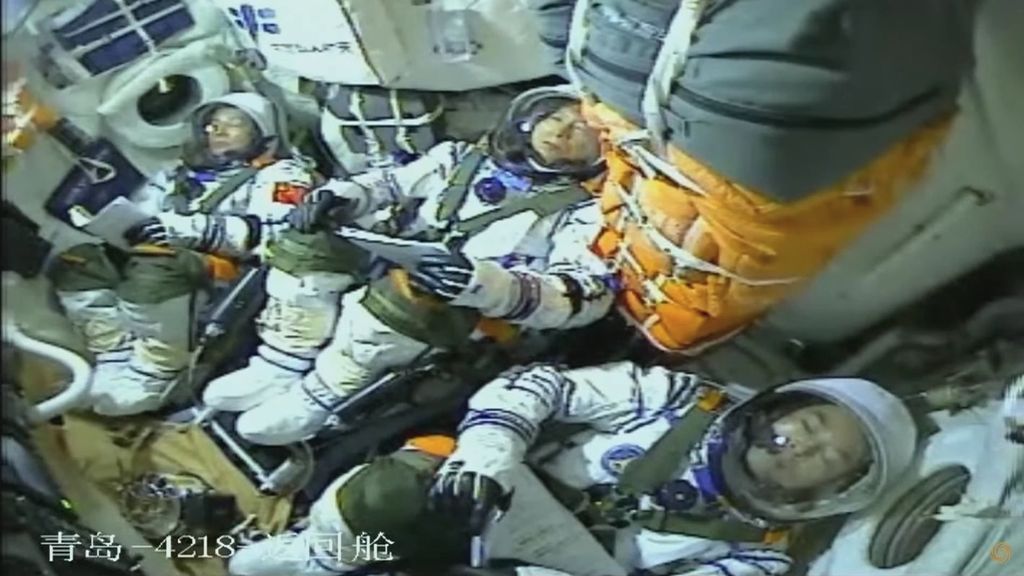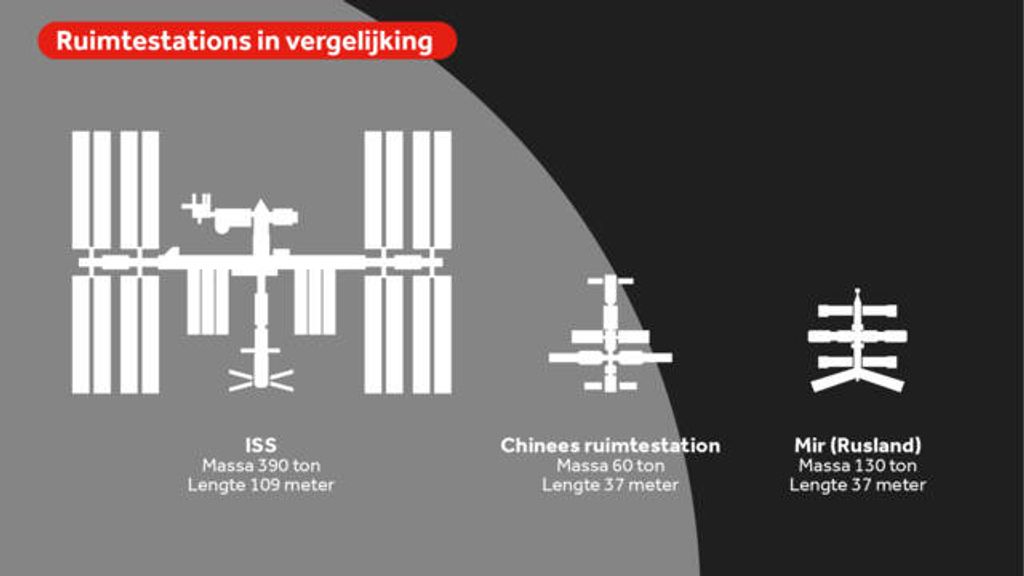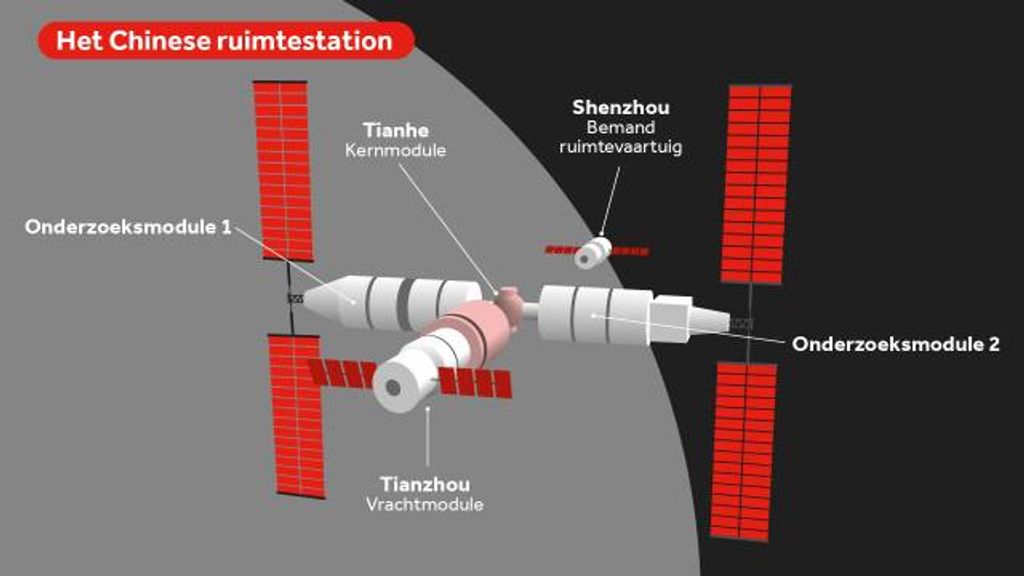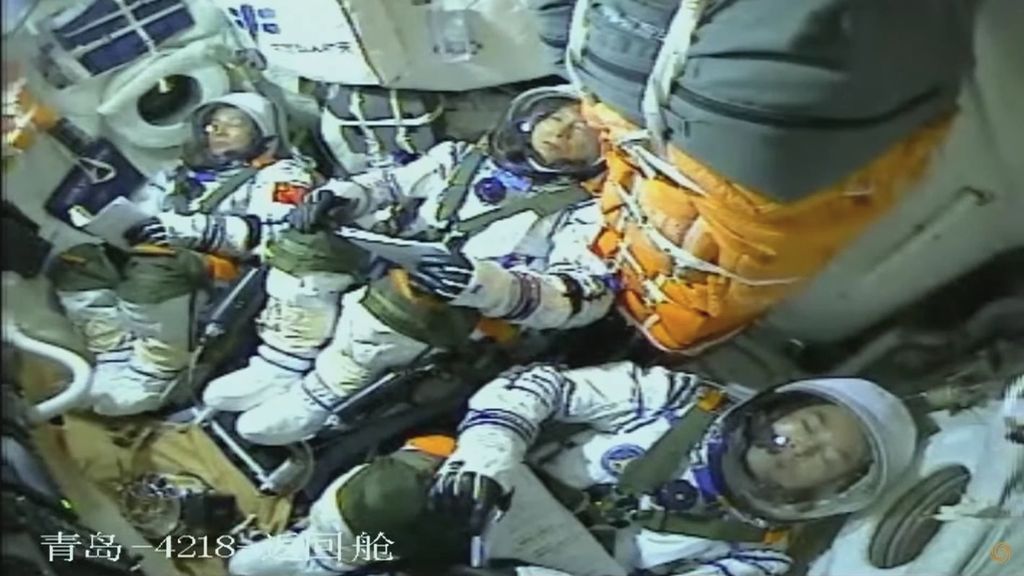
CGTN
NOS News••modified
-
Ivor Landman
Online editor
-
Ivor Landman
Online editor
While it is restless in many Chinese cities by protests Against the strict rules of Corona and for the sake of freedom, they hardly notice it on the Chinese space station, almost 400 kilometers above Earth. Today, three new astronauts headed to the now completed station. For the first time, six will remain at the same time. But China’s ambitions go further: There are no less than two moon rockets in development.
Just in time, Shenzhou 15 launched into space this afternoon from the Jiuquan launch site in the Gobi Desert. With the arrival of the three astronauts Fei Junlong, Deng Qingming, and Zhang Lu, the operational phase of the Tiangong (“Heavenly Palace”) space station begins.
The past year has been mainly dominated by station construction, says Andrew Jones, a Chinese space travel expert for spacenews.com, among others. For example, two science units need to be linked: Wentian (space exploration) and Mengtian (space dreaming). All systems also had to be tested and there were many space walks, for example, to tie rails to the outside.
-
NOS
-
NOS
Everything ran smoothly as far as I know. The problems encountered by the Russian space stations and the International Space Station, such as leaks, power outages, rotation, small meteor impacts, and even fire, have not yet been seen in Tiangong.
It’s hard to say if everything will go smoothly, according to Jones. “Everything we see is under close scrutiny. China is always very careful. In the West you see a live broadcast from the International Space Station all the time, and if something goes wrong, we’re told right away. With the Chinese program, that doesn’t happen unless something catastrophically goes wrong, but There is no indication of that. Everything seems to be working very well.”
Comfortable videos
This closure doesn’t stop China from sharing fun videos from Tiangong every now and then, something the International Space Station has so far held the patent for. This is how we saw astronaut Wang Yaping explain How to wash her hair in weightlessness A classmate, Ye Guangfu, plays a traditional Chinese musical instrument.
Over the next few years, astronauts (or yuhangyuan, The Chinese word for astronaut) mainly works on scientific experiments. These are mainly biological tests, which also involve cooperation with other countries and universities. For example, future research on how tumors develop in space will be a study in which VU Amsterdam also participates.
Monkeys in space
Other planned trials are more controversial. The Wentian unit will study the weightless behavior of fish, snails and mice, and the Chinese Academy of Sciences plans to have monkeys mating at the station. Researchers want to know how animals adapt to weightlessness South China Morning Post.
Backups were also made for the various modules of the station. It could be linked to Tiangong in the future to expand the station further, eventually consisting of six units.
The new Xuntian (Space Guardian) space telescope should definitely be docked from time to time. The American Hubble telescope is like two drops of water, but it has a different function. With a broader view of the universe, the telescope will paint the starry sky.
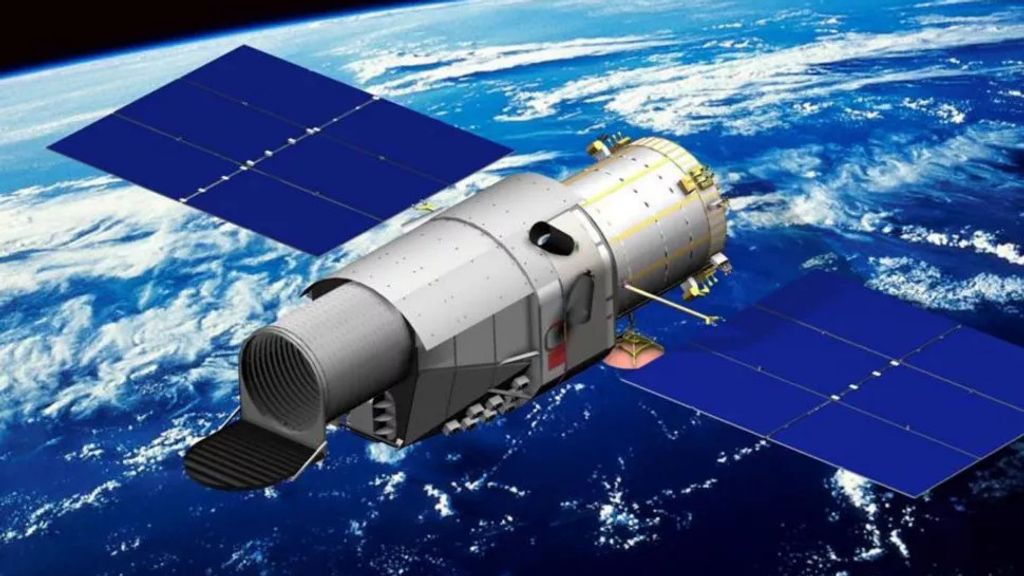
Wikimedia Commons/Jaimito130805 (CC BY-SA 4.0)
According to Jones, the expansion of the station also depends on the possibilities of international cooperation. These are limited, because China also has an expensive lunar program in the planning. Sometime after 2030, the first astronaut should land on the moon.
Several spacecraft are currently being developed for this lunar program. There are at least two lunar rockets under construction: one for the astronauts themselves and a giant rocket, the Long March 9, that can carry 150 tons of cargo into orbit or a somewhat smaller payload to the Moon.
After all, China wants a base on the moon. The expert says it’s not just about research. “Of course it’s also about prestige and geopolitics, just as it is with the space station and other countries’ space programs.”

“Infuriatingly humble social media buff. Twitter advocate. Writer. Internet nerd.”








